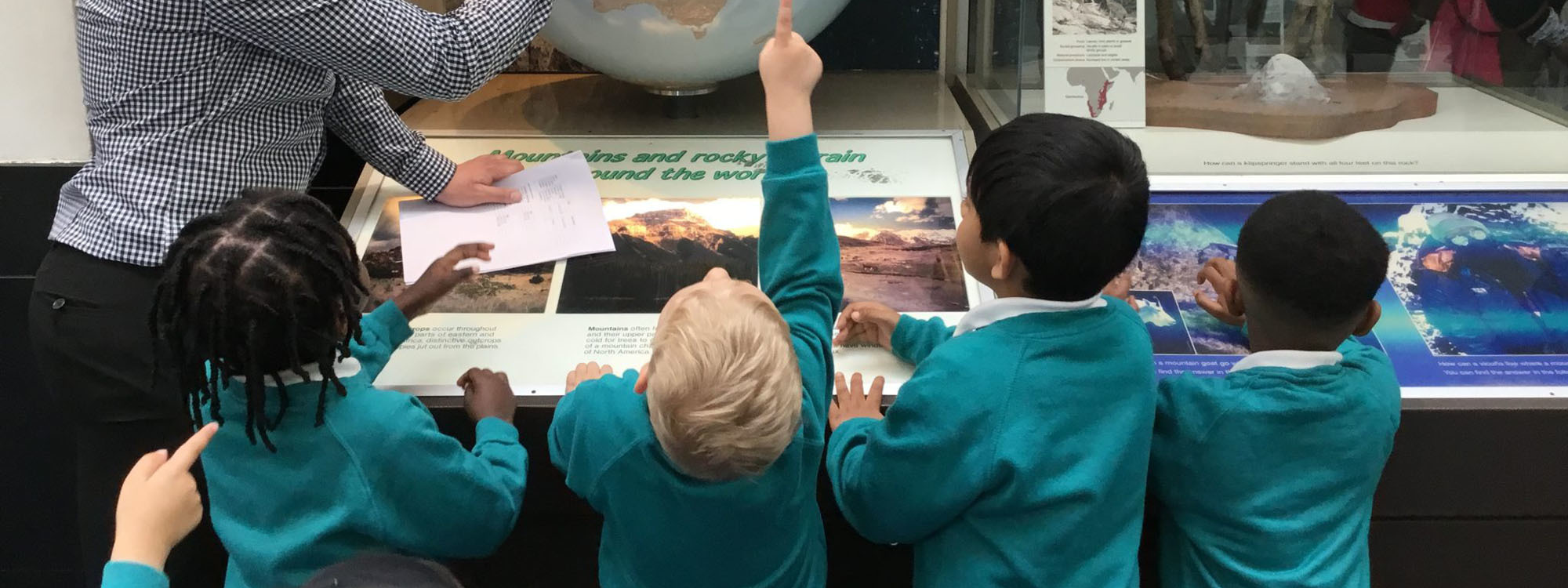Early Years Curriculum
Every child deserves the best possible
A child’s experience in the early years has a major impact on their future life chances. A secure, safe and happy childhood is important in its own right, and it provides the foundation for children to make the most of their abilities and talents as they grow up. When parents choose to use early years services they want to know that provision will keep their children safe and help them to thrive. The Early Years Foundation Stage (EYFS) is the framework that provides that assurance.
The overarching aim of the EYFS is to help young children achieve the five Every Child Matters outcomes of staying safe, being healthy, enjoying and achieving, making a positive contribution, and achieving economic well-being.
The EYFS principles are grouped into four distinct themes:
- A Unique Child
- Positive Relationships
- Enabling Environments
- Learning and Development
The themes are each broken down into four commitments describing how the principles can be put into practice.
- A Unique Child recognises that every child is a competent learner from birth who can be resilient, capable, confident and self-assured. The commitments are focused around development; inclusion; safety; and health and well-being.
- Positive Relationships describes how children learn to be strong and independent from a base of loving and secure relationships with parents and/or a key person. The commitments are focused around respect; partnership with parents; supporting learning, and the role of the key person.
- Enabling Environments explains that the environment plays a key role in supporting and extending children’s development and learning. The commitments are focused around observation, assessment and planning; support for every child; the learning environment; and the wider context – transitions, continuity, and multi-agency working.
- Learning and Development recognise that children develop and learn in different ways and at different rates and that all areas of learning and development are equally important and inter-connected.
There are seven areas covered by the early learning goals and educational programmes:
- Communication and language
- Physical Development
- Personal, social and emotional development
- Literacy
- Mathematics
- Understanding the world
- Expressive arts and design
All the areas are delivered through planned, purposeful play, with a balance of adult-led and child-initiated activities.
Play
Through play young children learn. It is essential that this important learning process takes place in a happy, stimulating environment. At Grove, we will provide the material, time and space for children to play with a purpose in both an indoor and outdoor environment. Imaginative and spontaneous play helps children to understand experiences and situations, themselves and other people.
Explorative play helps to compare size, texture, shape, to discriminate, discover properties and principles of cause and effect. Early mathematical concepts and linguistic skills are founded in play.
Planned activities and play structured by the Reception staff gives children the opportunity to consolidate learning experiences, practise skills and develop the ability to reason and solve problems. Challenging activities which arouse the children’s curiosity are planned around a theme or topic and, as children learn best from first-hand experiences, every effort is made to provide them. We use the local environment, visit places of interest and invite members of the community into school to ensure the learning for our youngest children enables them to understand what they are learning and why.
To find out more about our curriculum email us at office@groveacademy.co.uk




